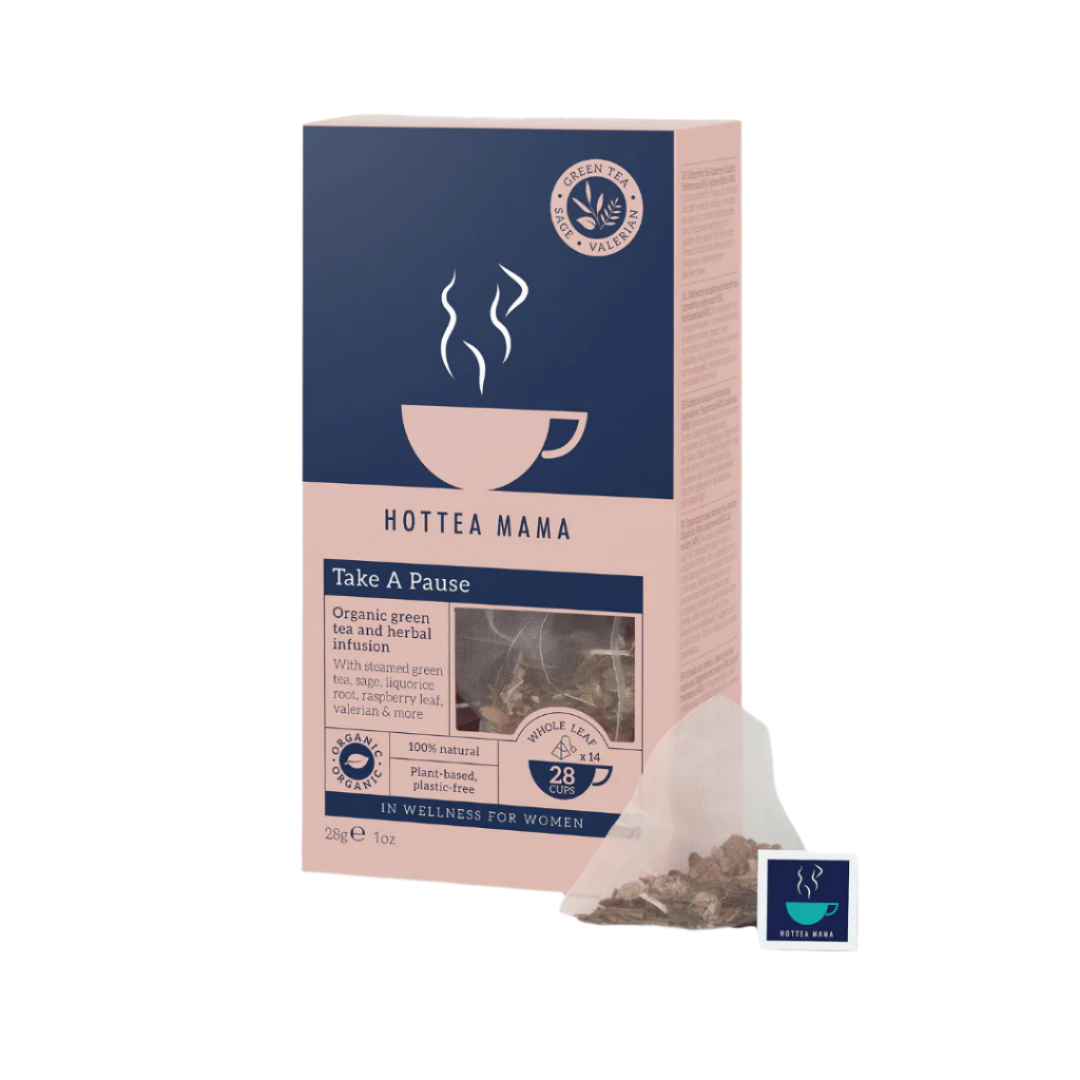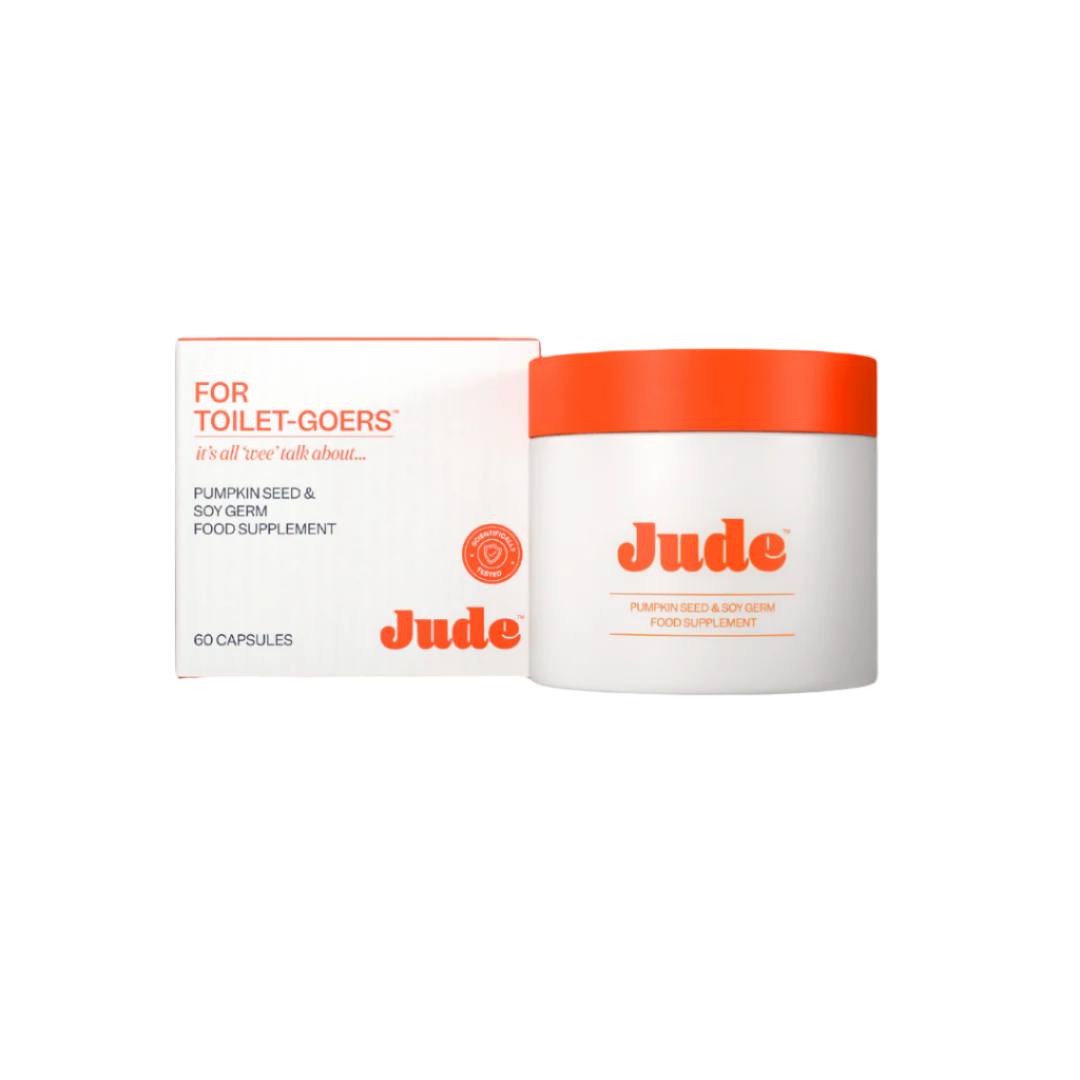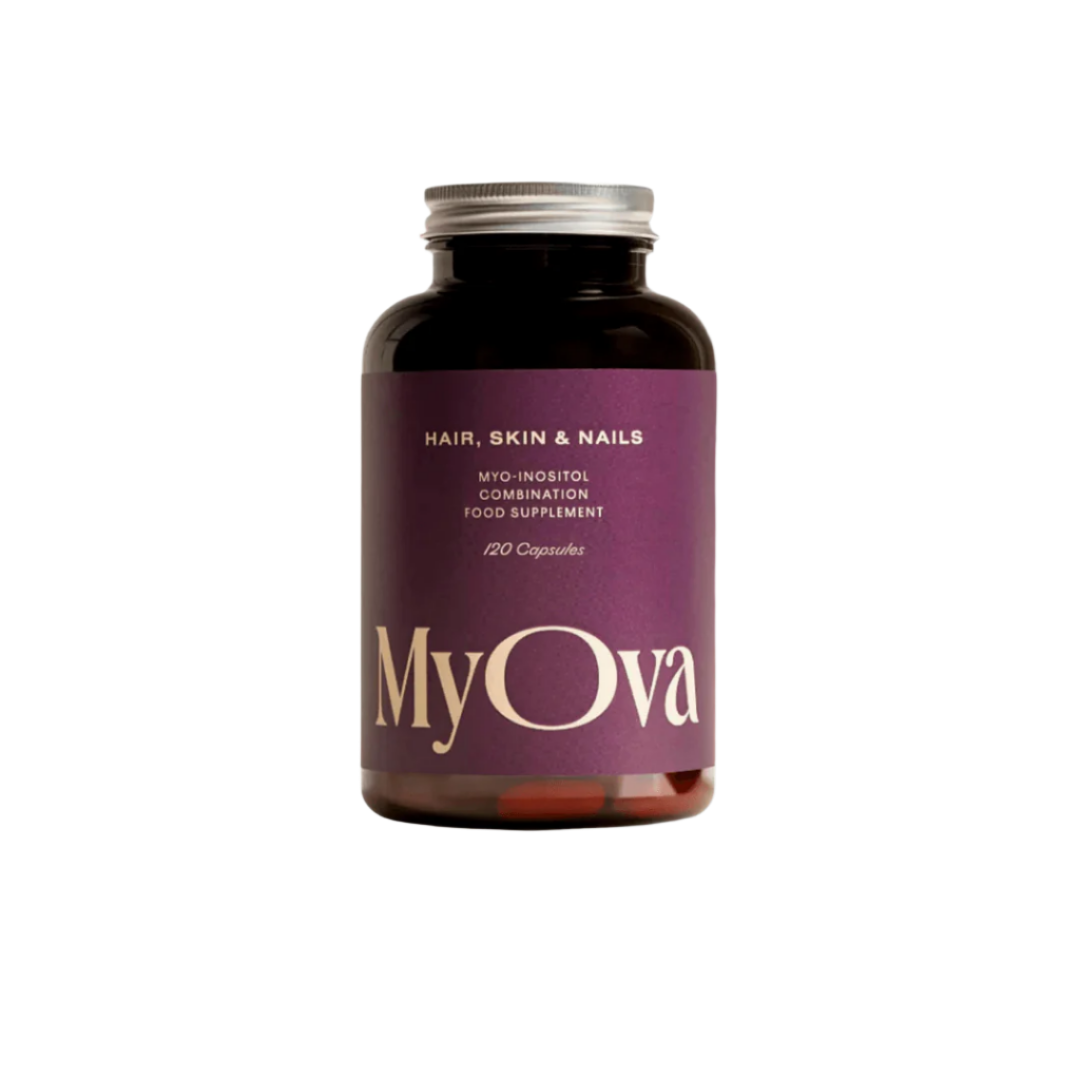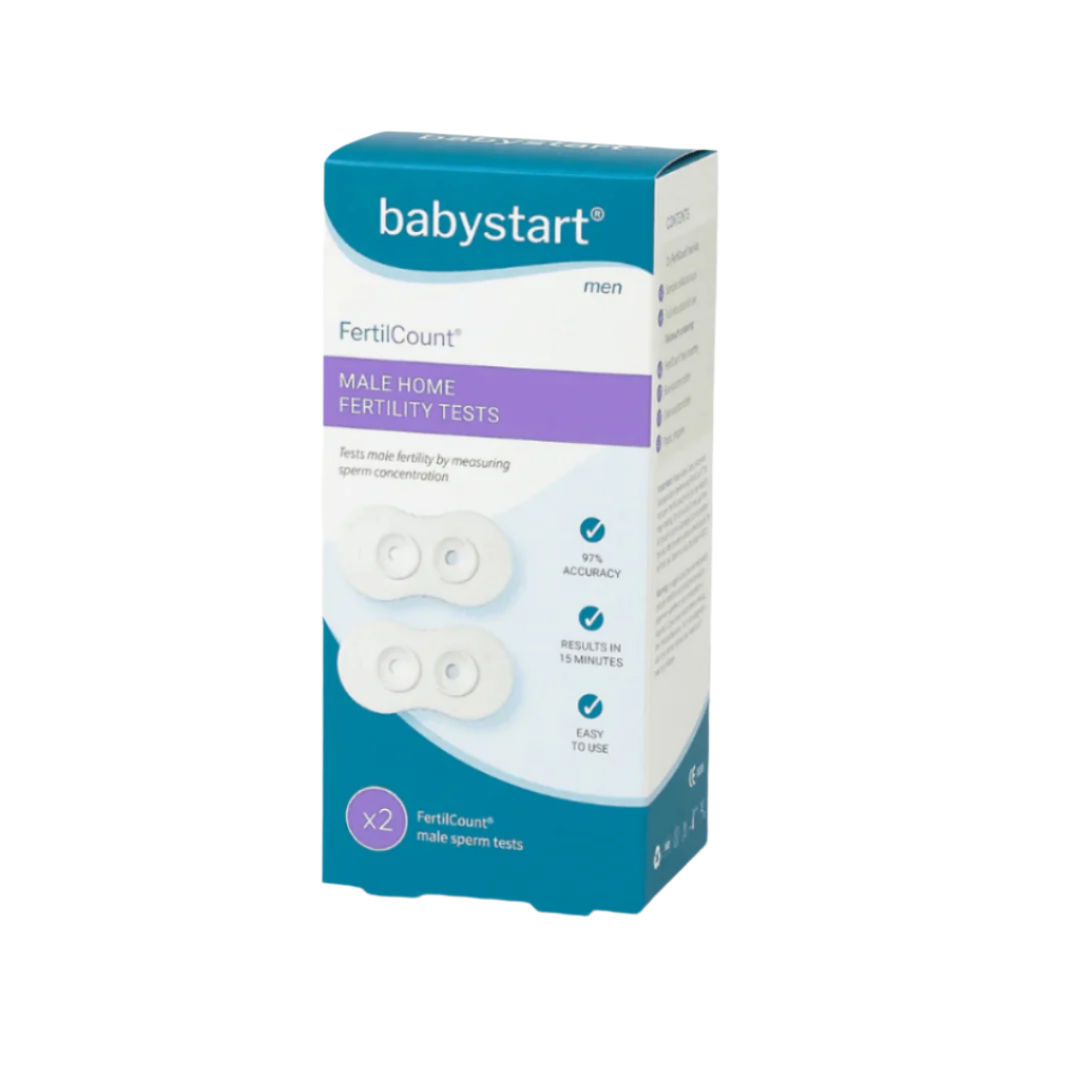How to manage pain and prioritise comfort during winter
Winter can bring unique challenges for women dealing with reproductive health concerns. Conditions such as menstrual cramps, endometriosis, and pelvic pain can feel more intense in cold weather, as colder temperatures may affect circulation and exacerbate muscle tension. Prioritising warmth, comfort, and targeted self-care during the winter months can help ease pain and improve overall well-being.
How Winter Affects Women's Reproductive Health
Cold weather can worsen discomfort in the reproductive system for several reasons:
Muscle Tightness: Low temperatures can lead to pelvic muscles becoming tense, intensifying cramps and pain.
Poor Circulation: Cold weather can restrict blood flow, potentially worsening menstrual pain or endometriosis symptoms.
Seasonal Stress: The shorter days and holiday season can increase stress levels, potentially disrupting hormonal balance and exacerbating reproductive health issues.
Pain Relief Tips for Reproductive Health During Winter
Stay Warm with Heat Therapy
- Use a heating pad or hot water bottle on your lower abdomen to relieve menstrual cramps and relax pelvic muscles.
- Warm baths infused with Epsom salts can soothe muscles and reduce pelvic discomfort. Epsom salts also contain magnesium for an extra boost over the winter months.
Support Circulation with Gentle Movement
- Low-impact exercises like yoga, Pilates, or walking can improve blood flow to the pelvic area. Even 5-10 minutes extra movement a day can help, don’t overwhelm yourself.
- Pelvic stretches, such as child’s pose or hip circles, can ease muscle tension and improve flexibility.
Opt for Anti-Inflammatory Foods
- Incorporate warm, nutrient-dense foods like soups, stews, and herbal teas. Making a big batch of soup and popping some in the freezer is great for the days you haven’t got time to cook.
- Anti-inflammatory ingredients such as turmeric, ginger, and omega-3 fatty acids can help manage pain and reduce inflammation. Make your own by adding hot water to a cup with fresh ginger and a squeeze of honey and lemon.
- Manage Stress Levels
- Stress can intensify menstrual and reproductive health symptoms. Incorporate mindfulness practices such as meditation, journaling, or breathing exercises to stay grounded. Box breathing is a great place to start. Breathe in for 4 seconds, hold for 4 seconds, breathe out for 4 seconds, hold for 4 seconds. Repeat.
- Consider aromatherapy with calming scents like lavender or chamomile to promote relaxation. Menopoised’s Cool and Calm Aromatherapy Cream combines calming lavender with the moisturising properties of cocoa and shea butters, try it here.
- Layer Up to Protect Your Core
- Keeping your core warm can alleviate abdominal discomfort. Wear thermal layers or wrap a scarf around your waist when you’re outdoors.
- Hydrate and Moisturise
- Dry winter air can leave you dehydrated, which can exacerbate cramps and overall discomfort. Drink plenty of water and herbal teas to stay hydrated.
- Support your skin health with natural moisturisers to prevent winter dryness from adding to your discomfort.
Special Considerations for Endometriosis and PCOS
Endometriosis
- Heat therapy is particularly effective for easing the chronic pain associated with endometriosis. Consider portable heat wraps for on-the-go relief.
- Avoid inflammatory foods, such as processed snacks or sugary treats, which can worsen endometriosis symptoms during the festive season.
PCOS (Polycystic Ovary Syndrome)
- Regular movement and balanced meals during winter can help maintain hormonal stability.
- Use herbal teas such as peppermint or cinnamon to support hormonal health and improve circulation. Hot Tea Mama’s Over The Moon tea helps with difficult PMS symptoms, you can find it here.
When to Seek Medical Advice
While these tips can help manage mild to moderate discomfort, it's essential to consult a healthcare professional if:
- Pain is severe or disrupts daily life.
- Symptoms worsen significantly during winter.
- New symptoms, such as heavy bleeding or unusual discomfort, arise.
Conclusion
Women’s reproductive health deserves extra attention during the winter months. By prioritising warmth, staying active, and incorporating mindful self-care practices, you can ease pain and discomfort effectively. Small lifestyle changes can make a big difference, ensuring that you enjoy the winter season feeling empowered and in control of your health.









